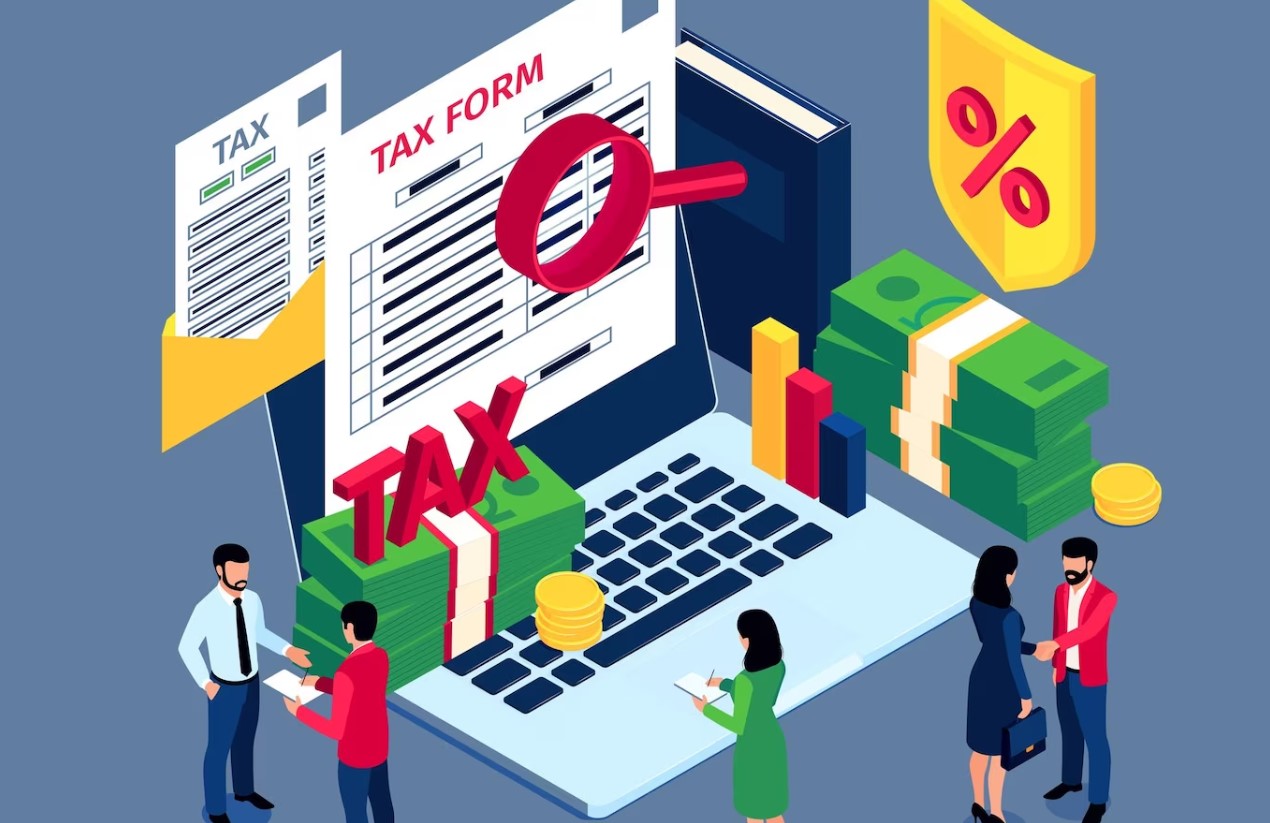
Tax season can be a stressful time for many individuals, whether you’re a small business owner, a self-employed professional, or simply filing your personal taxes. Finding a knowledgeable and trustworthy tax preparer can alleviate the burden and ensure that your tax returns are accurate and compliant with the ever-changing tax laws. In this comprehensive guide, we will walk you through the process of finding a tax preparer who meets your specific needs, provides expert guidance, and helps you navigate the complexities of the tax system with confidence.
Why Choose a Tax Preparer?
The U.S. tax code is intricate and subject to frequent updates, making it challenging for individuals to navigate without professional assistance. A tax preparer can offer several benefits, including:
- Expertise: Tax preparers are well-versed in tax laws, deductions, credits, and other intricacies of the tax code, helping you optimize your tax situation.
- Time Savings: Preparing taxes can be time-consuming and stressful. A tax preparer can efficiently handle the process, freeing up your time for other important tasks.
- Maximized Deductions: Tax preparers can identify potential deductions and credits you might have missed, ensuring you pay only what you owe.
- Audit Support: If you are ever audited by the IRS, a tax preparer can provide valuable support and representation.
Steps to Find a Tax Preparer
1. Determine Your Needs
Consider your tax situation and specific requirements before searching for a tax preparer. Determine whether you need an individual tax preparer for personal taxes or a professional with expertise in business taxes if you own a company or are self-employed.
2. Check Qualifications and Credentials
Look for tax preparers with relevant qualifications and credentials. Key designations to consider include:
- Enrolled Agent (EA): EAs are licensed by the IRS and have the authority to represent taxpayers before the IRS.
- Certified Public Accountant (CPA): CPAs are licensed by state boards of accountancy and have extensive accounting and tax knowledge.
- Tax Attorney: Tax attorneys are lawyers who specialize in tax law and can provide legal advice related to tax matters.
3. Review Experience and Specialization
Consider the tax preparer’s experience and expertise in handling tax situations similar to yours. Some tax preparers specialize in specific industries or tax scenarios, such as real estate or international taxes. Finding a tax preparer with relevant experience can ensure a better understanding of your unique tax needs.
4. Ask for Recommendations
Seek recommendations from friends, family, colleagues, or other professionals who have had positive experiences with tax preparers. Personal referrals can be valuable in finding a reputable tax professional.
5. Read Online Reviews
Check online platforms and directories that feature reviews and ratings for tax preparers. Reviews from previous clients can offer insights into a tax preparer’s reliability and quality of service.
6. Interview Potential Preparers
Once you have a shortlist of potential tax preparers, schedule interviews to learn more about their approach, fees, and availability. Prepare a list of questions to ask during the interview, such as:
- How long have you been a tax preparer?
- What types of tax situations do you specialize in?
- Do you offer year-round support, or are you only available during tax season?
- How do you charge for your services (e.g., hourly, flat fee, based on complexity)?
- Can you provide references from past clients?
7. Verify Preparer’s Preparer Tax Identification Number (PTIN)
Ensure that the tax preparer has a valid Preparer Tax Identification Number (PTIN) issued by the IRS. PTINs are required for anyone who prepares federal tax returns for compensation.
8. Check for Red Flags
Be cautious of tax preparers who:
- Guarantee inflated refunds without reviewing your financial documents.
- Base their fees on a percentage of your refund.
- Are unwilling to sign your tax return as the preparer.
- Request that you sign a blank tax return.
Conclusion
Finding the right tax preparer is an essential step in ensuring a smooth and accurate tax-filing process. A qualified and reliable tax preparer can provide expert advice, maximize deductions, and offer peace of mind during tax season. Take the time to research and interview potential tax preparers, verifying their qualifications and experience to find the best fit for your tax needs. Remember that investing in a reputable tax preparer can pay dividends in the form of minimized tax liability and a stress-free tax season. With a trusted tax preparer by your side, you can navigate the complexities of the tax system with confidence, knowing that your financial affairs are in capable hands.